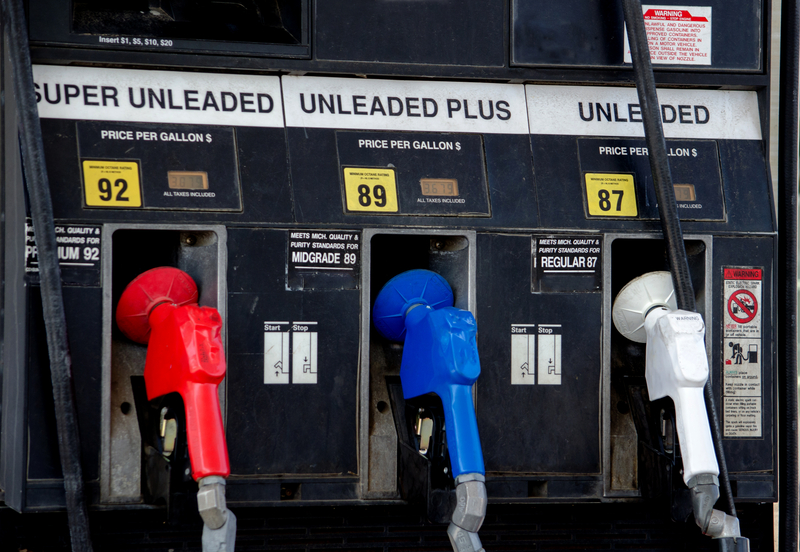How fuel grade, octane level affects vehicle performance

You usually have options at the pump regarding the grade of fuel to put in your vehicle. How do you know which one is right for your car? Does “premium” fuel mean better performance?
“The science of vehicle engines and octane in fuel gets very complicated,” said Tony Molla, vice president of communications at the National Institute for Automotive Service Excellence. “To simplify things for consumers, manufacturers provide recommended fuel-grades for car owners to fuel their vehicles properly.”
According to Molla, ensuring you have the correct octane-level fuel in your vehicle is a sure way to prolong the engine life and keep your car on the road longer. Here are some quick tips and facts on octane:
- For most cars, the recommended gasoline is regular octane. Your vehicle may require higher-octane gas to improve performance. All car owners should reference their owner’s manual for the recommended fuel grade of their vehicle.
- If you vehicle is designed for regular gasoline, using premium grade is pointless. According to the FTC, Using a higher octane gas than the manufacturer recommends does not provide a benefit—and costs you at the pump.
- Using a regular octane fuel in a high performance engine can cause heavy “engine knock” and may lead to severe engine damage, the FTC warns. Using premium gas in a vehicle that requires regular fuel is not harmful to the automobile.
- Higher octane fuel does not equal cleaner fuel. The EPA set minimum gasoline detergent standards in 1995 and those requirements still are in place today. Fuel system cleaners focus on cleaning sulfurs and deposits from sensors, intake valves and combustion chambers.
- Check gas pump labels since not all grades are created equal. Different grades of “premium” fuel are common.
For instance, one state or region may require a 92-level of octane for “premium” while a different region may require a 90-level of octane. Octane ratings are printed on a yellow sticker attached to the gas pump.